
Lux Smile Studio
Please leave your information and needs. Lux Smile Studio will contact you within 3 minutes


Please leave your information and needs. Lux Smile Studio will contact you within 3 minutes
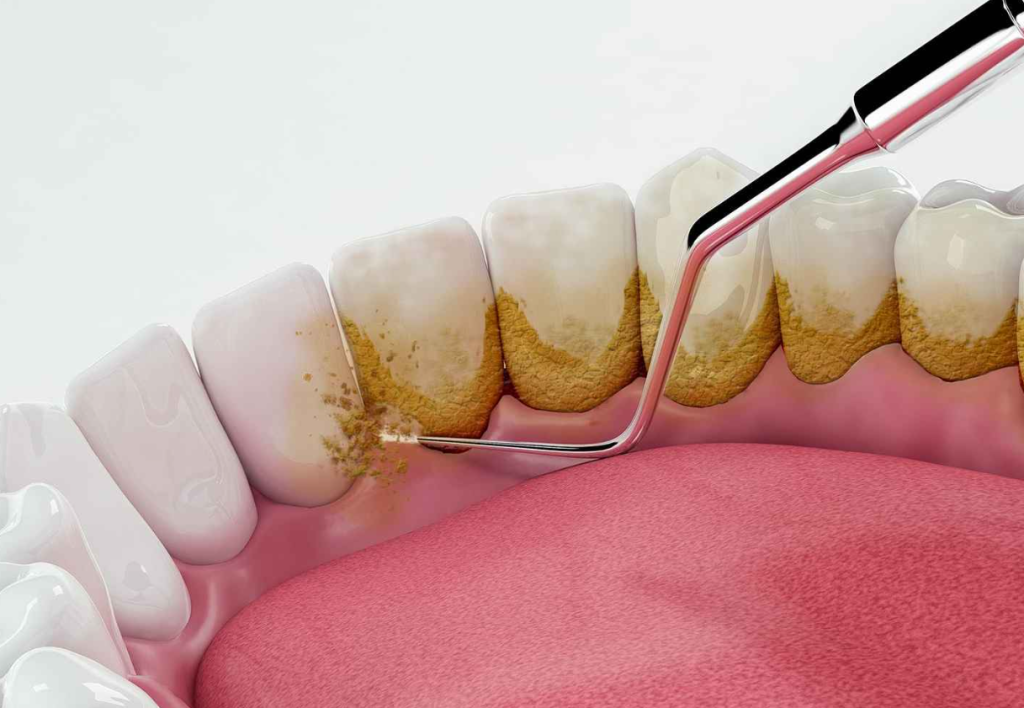
Dental scaling (also known as dental scaling) is a dental procedure to remove hardened tartar due to the long-term deposition of plaque and minerals in saliva. Dental plaque often appears in the neck of the tooth, between the teeth and under the gum, and can cause many problems such as gingivitis, tooth decay, bad breath and even tooth loss if not treated properly.
After scaling, the dentist will polish the teeth to smooth the enamel surface, helping to reduce the risk of plaque buildup and maintain aesthetics.
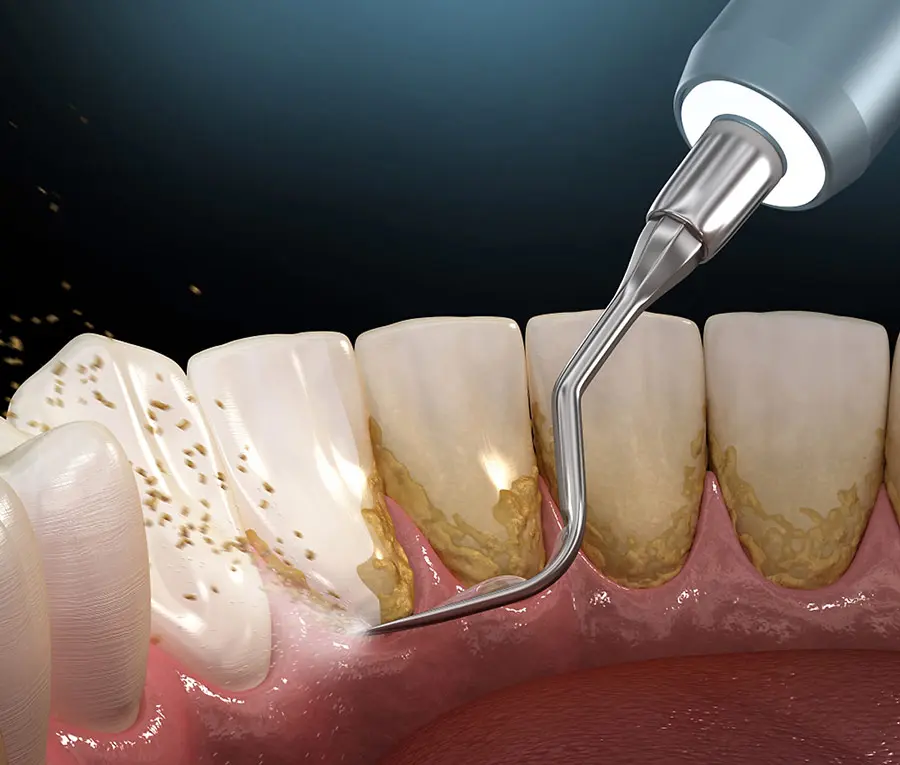
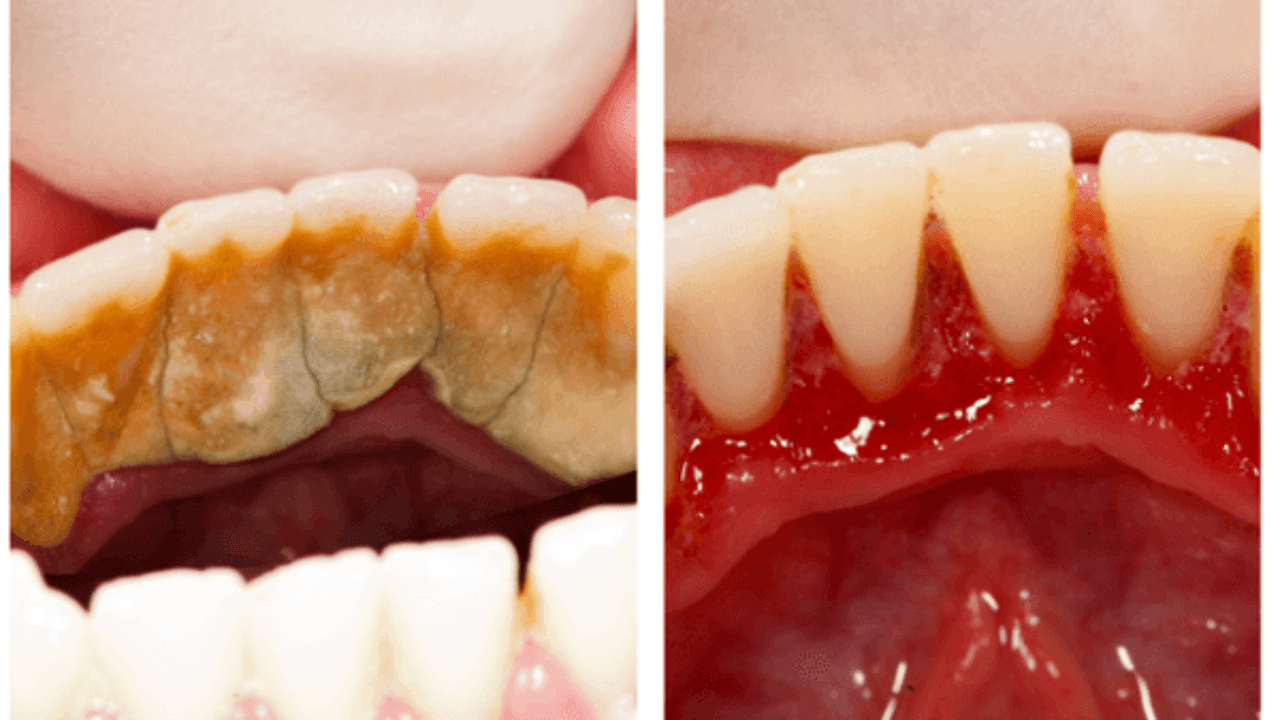
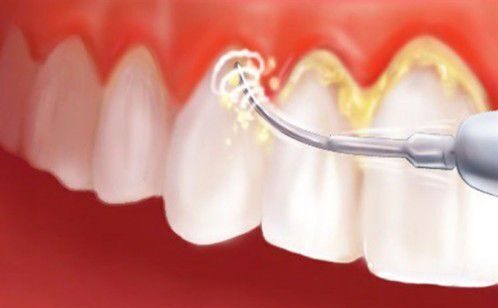

The feeling of scaling depends on the level of tartar, the location of accumulation and the sensitivity of each person:
Absolutely not if done properly by a skilled dentist or technician. Ultrasonic machines only affect the tartar layer without damaging the enamel.
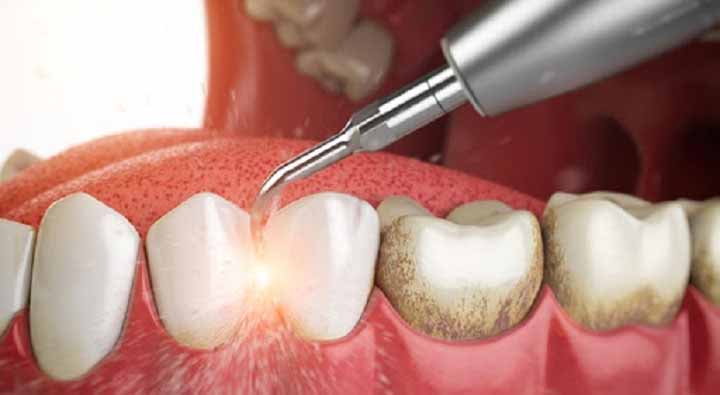

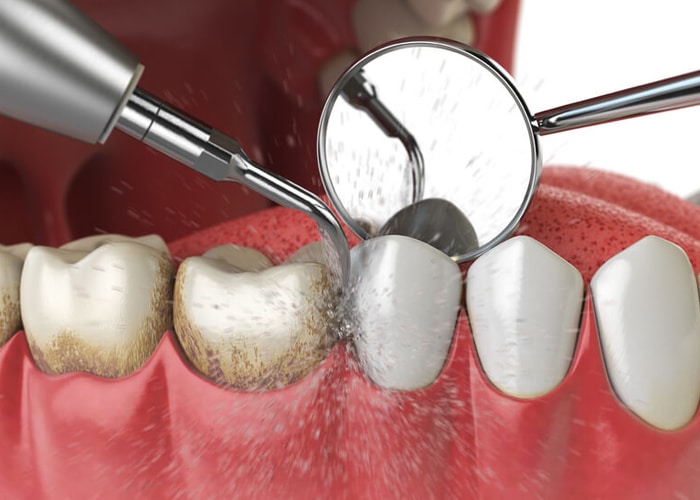
It may be a little sore for the first 1–2 days, especially if you have sensitive enamel feel.
Usually not, unless there is gingivitis or deep subgingival calculus.
Does not whiten teeth, but makes teeth brighter by removing tartar and yellow stains.
No, but you should clean your teeth thoroughly before going to the dentist.

Scaling is not just a simple cleaning step but also a way to take care of your overall health. Let Lux Smile accompany you on your journey to protect your bright smile every day.

📞 : 0969 090 098
📧 : cskh.lux@gmail.com
🏥: 19 Street 34A, An Phu Ward, City. Thu Duc
🌐 : https://nhakhoaluxsmile.com/
Reclaim your smile with confidence!